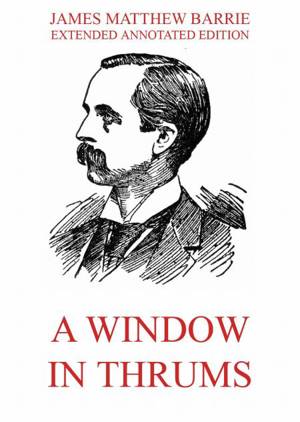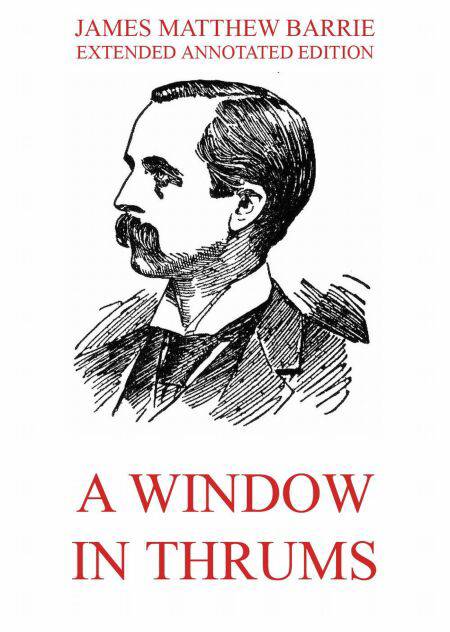
Je cadeautjes zeker op tijd in huis hebben voor de feestdagen? Kom langs in onze winkels en vind het perfecte geschenk!
- Afhalen na 1 uur in een winkel met voorraad
- Gratis thuislevering in België vanaf € 30
- Ruim aanbod met 7 miljoen producten
Je cadeautjes zeker op tijd in huis hebben voor de feestdagen? Kom langs in onze winkels en vind het perfecte geschenk!
- Afhalen na 1 uur in een winkel met voorraad
- Gratis thuislevering in België vanaf € 30
- Ruim aanbod met 7 miljoen producten
Zoeken
Omschrijving
"A Window in Thrums'' is a very curious realistic production, but it cannot rightly be called a novel. It is rather a series of detached pictures taken from the domestic life of a Scotch weaver's family. There is no continuous narrative. The tableaux as they succeed one anotherillustrate the family relations and habits, and individualize the different persons introduced. Odd as are the author's methods, we come to know all his people quite intimately, and take a quick interest in the sayings and doings of these undemonstrative, outwardly hard and cold Scots, whose religious ardor seems strangely contrasted with their habitual stoicism of manner. "A Window in Thrums," however, shows that behind this surface of hardness there is an emotional capacity which may go the lengih of breaking hearts, and that behind the cold crust the warmest family affections may live with a force and persistence beyond natures far more quick to manifest their ephemeral feelings. The dialect in which the story is told is indeed so broad that many readers may find it an embarrassment. Words and expressions are used which seem strange even to those familiar with conventional Scotticisms. But this adds a quaint flavor to the book, and certainly does not interfere seriously with its effectiveness, which is remarkably great.
Specificaties
Betrokkenen
- Auteur(s):
- Uitgeverij:
Inhoud
- Aantal bladzijden:
- 115
- Taal:
- Engels
Eigenschappen
- Productcode (EAN):
- 9783849629304
- Verschijningsdatum:
- 14/10/2013
- Uitvoering:
- E-book
- Beveiligd met:
- Digital watermarking
- Formaat:
- ePub

Alleen bij Standaard Boekhandel
Beoordelingen
We publiceren alleen reviews die voldoen aan de voorwaarden voor reviews. Bekijk onze voorwaarden voor reviews.









